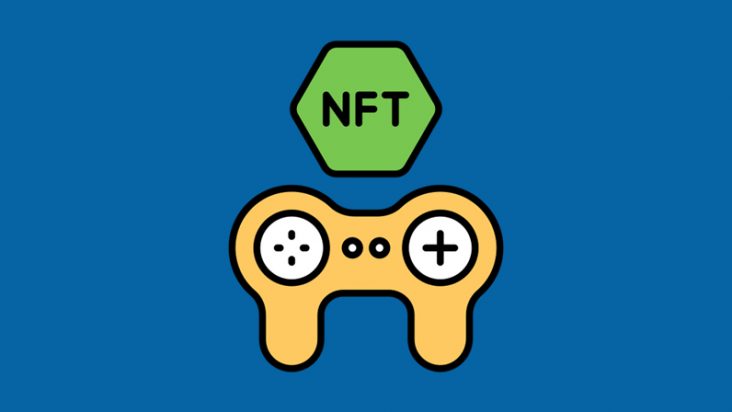
Financial Overview
Capcom Co., Ltd., a Japanese video game developer and publisher, reported significant financial growth for the fiscal year ending March 31, 2023. The company’s revenue reached 125,930 million JPY, a 14.43% increase from the previous year’s 110,054 million JPY. This growth was primarily driven by the digital contents segment, which accounted for 77.95% of total revenue, amounting to 98,158 million JPY. The other revenue segments included arcade operations (12.39%), amusement equipment (6.19%), and other businesses (3.46%).

Key Financial Metrics:
- Total Equity: 161,129 million JPY, up 10% from the previous year.
- Total Current Assets: 171,402 million JPY.
- Total Current Liabilities: 46,043 million JPY.
- Dividends: 63 JPY per share.
- Shares Outstanding: 533,011,246.
Business Segment Performance
Digital Contents: Capcom’s digital content segment saw strong performance from both new and catalog titles. Monster Hunter Rise: Sunbreak and Resident Evil 4 were major hits, while established titles like Monster Hunter Rise, Resident Evil 2, Resident Evil 3, and Devil May Cry 5 continued to perform well.
Arcade Operations: The arcade operations segment experienced a recovery as COVID-19 impacts eased, resulting in higher sales and profits. Same-store sales were up 120% year on year, and new openings such as the Capcom Store & Cafe Umeda in Osaka contributed to the growth.
Amusement Equipment: Capcom sold 44,000 units of four models, posting higher sales and profits due to increased unit sales.
Other Businesses: The company leveraged its intellectual properties (IPs) in various events and merchandise, strengthening the link between visual media and merchandising with new game releases. Efforts in the eSports sector included online tournaments to grow the fan and player base.
Notable Events and Controversies
Controversial Sales Tactics: In 2012, Capcom faced criticism for implementing disc-locked content, requiring players to pay for additional content already available on the game’s files. Capcom defended this practice, stating there was “effectively no distinction” between on-disc DLC and downloaded add-ons.
Technical Issues and Game Releases:
- Ultra Street Fighter IV (2015): Pulled from the Capcom Pro Tour due to technical issues and bugs.
- Street Fighter V (2016): Released with limited single-player content and network stability issues.
- Resident Evil Village (2021): Performance issues blamed on DRM technology “Denuvo.”
Ransomware Attack (2020): Capcom’s servers were affected by a ransomware attack by the Ragnar Locker hacker group, which stole 1TB of sensitive data. Capcom opted not to pay the ransom, leading to the leak of contact information for up to 350,000 individuals and plans for upcoming games. The company confirmed no credit card or sensitive financial information was compromised.
DRM and Performance Issues: Capcom’s use of DRM technology “Denuvo” in PC games led to performance complaints from players, particularly in Resident Evil Village. Despite releasing updates to address these issues, the company eventually removed Denuvo from all its games by early 2024.
Copyright Infringement Lawsuit (2021): Artist Judy A. Juracek filed a lawsuit against Capcom for allegedly using images from her book “Surfaces” in Resident Evil 4 and Devil May Cry without permission.
Recent Developments
- DRM Controversy (2023): Capcom’s assertion that mods are “no different than cheating” sparked negative responses from players.
- Dragon’s Dogma 2 (2024): Released with performance issues and 21 microtransactions, drawing criticism for altering gameplay.
- Resident Evil, Street Fighter, Monster Hunter, and Mega Man Updates (2024): Updated with DRM “Enigma Protector,” leading to negative reviews from Steam users due to mod-blocking and performance degradation.
Strategic Goals and Initiatives
Capcom aims to achieve annual sales of 100 million units by leveraging business synergy and expanding global brand reach. Key strategic measures include:
- Expanding Customer Base: By growing the market reach.
- Addressing Technological Advances: Overcoming challenges related to technological progress.
- Enhancing Catalog Title Sales: Strengthening branding efforts.
- Understanding Customer Behavior: Catering to customer needs and preferences.
- Investing in Human Resources: Developing talent to support long-term growth.
Sustainability Initiatives:
- Environmental Measures: Implementing sustainable practices.
- Healthy Gaming-Society Relations: Promoting a positive relationship between games and society.
- Diversity Promotion: Encouraging diversity within the company.
- Regional Community Support: Supporting local communities.
- Anti-Fraud Measures: Ensuring robust measures against fraud.
Governance: Capcom continues to build a system to mitigate risks in management decisions, enhancing its overall governance framework.
Conclusion
Capcom’s FY2022 performance highlights the company’s robust growth and strategic initiatives across various segments. Despite facing several controversies and technical challenges, Capcom has demonstrated resilience and adaptability. The company’s ongoing efforts to enhance its digital content, arcade operations, amusement equipment, and other businesses position it well for future growth and success in the highly competitive gaming industry.








